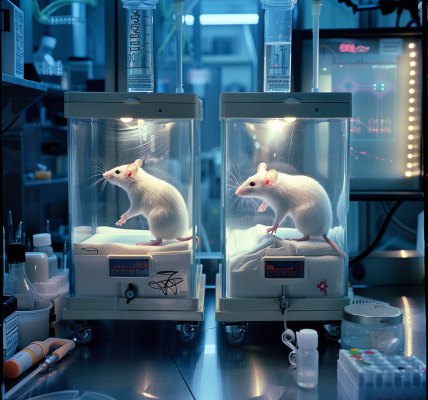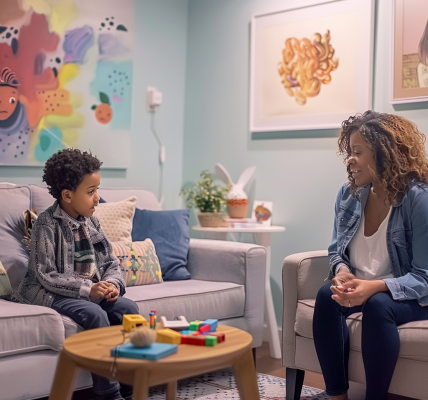A groundbreaking gene therapy has enabled a baby girl born deaf to hear unaided for the first time, marking a significant medical milestone. The infant, Opal Sandy from Oxfordshire, underwent the innovative gene therapy treatment at Addenbrooke’s Hospital in Cambridge when she was just eleven months old.
Opal, who was born deaf due to a rare genetic condition called auditory neuropathy, received a gene therapy infusion to her right ear. Remarkably, within four weeks of the treatment, she began to respond to sounds, even with a cochlear implant in her left ear that was switched off.
Over subsequent weeks, clinicians observed a steady improvement in Opal’s hearing, with tests at 24 weeks indicating close to normal hearing levels for soft sounds in her treated ear. At 18 months old, Opal can now respond to her parents’ voices and has started to communicate with words like ‘Dada’ and ‘bye-bye’.
The gene therapy targeted a specific gene, OTOF, which is responsible for producing a crucial protein called otoferlin. This protein facilitates communication between inner ear hair cells and the hearing nerve. It is estimated that around 20,000 individuals in several European countries are deaf due to a mutation in the OTOF gene.
The CHORD trial, initiated in May 2023, aims to assess the efficacy of gene therapy in restoring hearing for children affected by auditory neuropathy. The results of Opal’s treatment have exceeded expectations, with experts heralding them as a significant advancement in the fields of otology and audiology.
Opal’s mother, Jo Sandy, expressed her joy at witnessing her daughter’s remarkable progress, emphasizing the emotional impact of Opal’s newfound ability to hear. The success of this gene therapy holds promise for future developments in treating inner ear disorders and various forms of hearing impairment.





